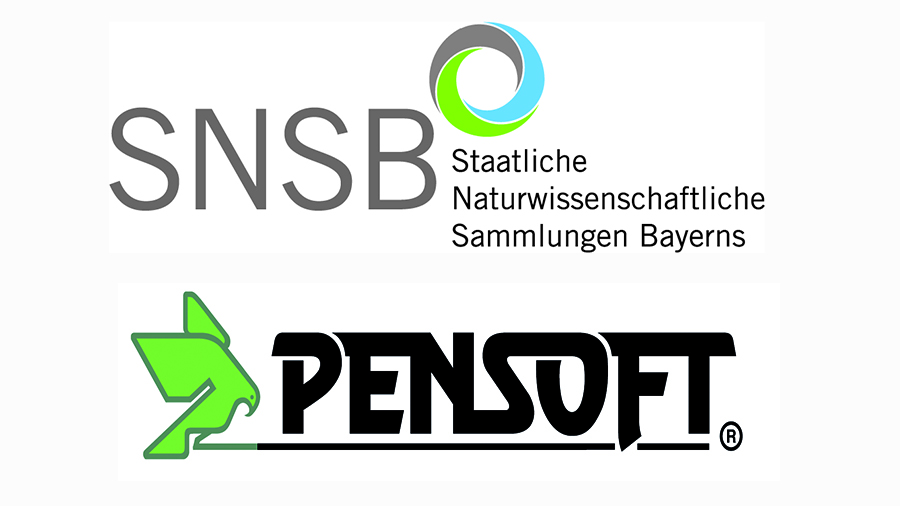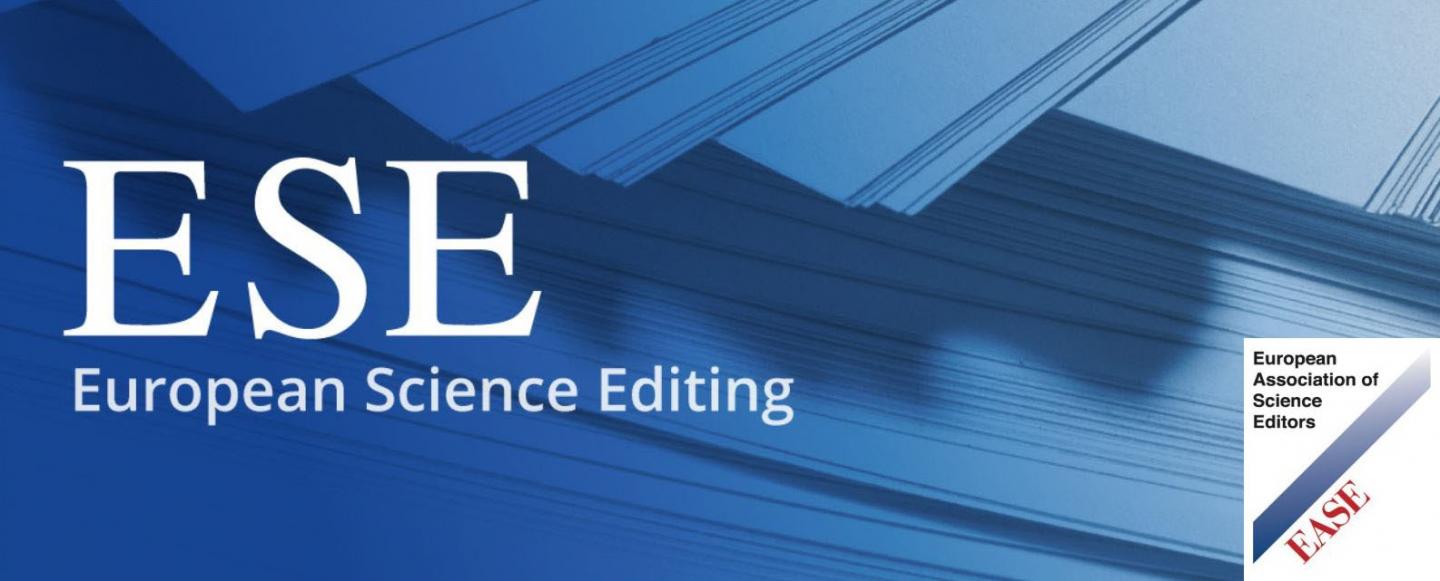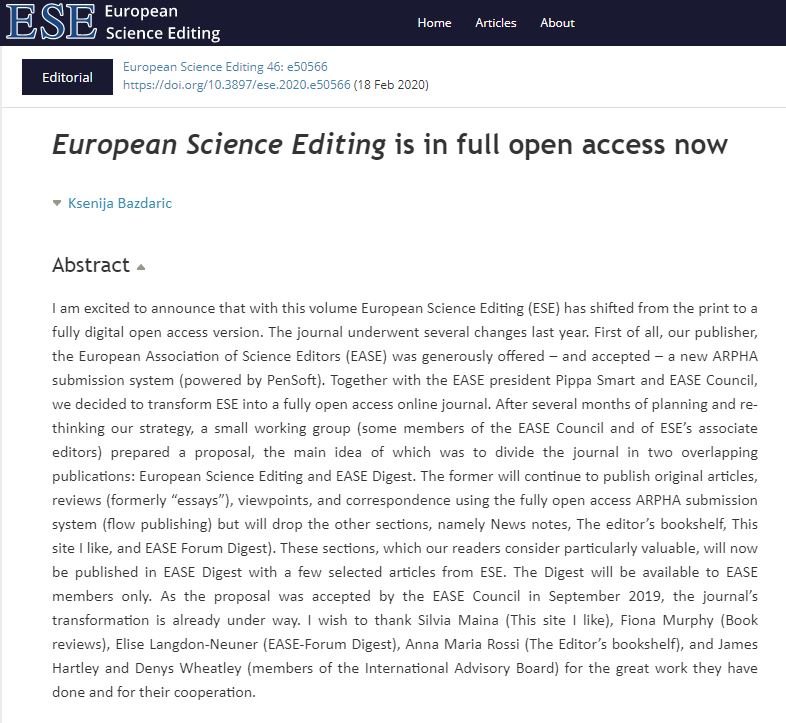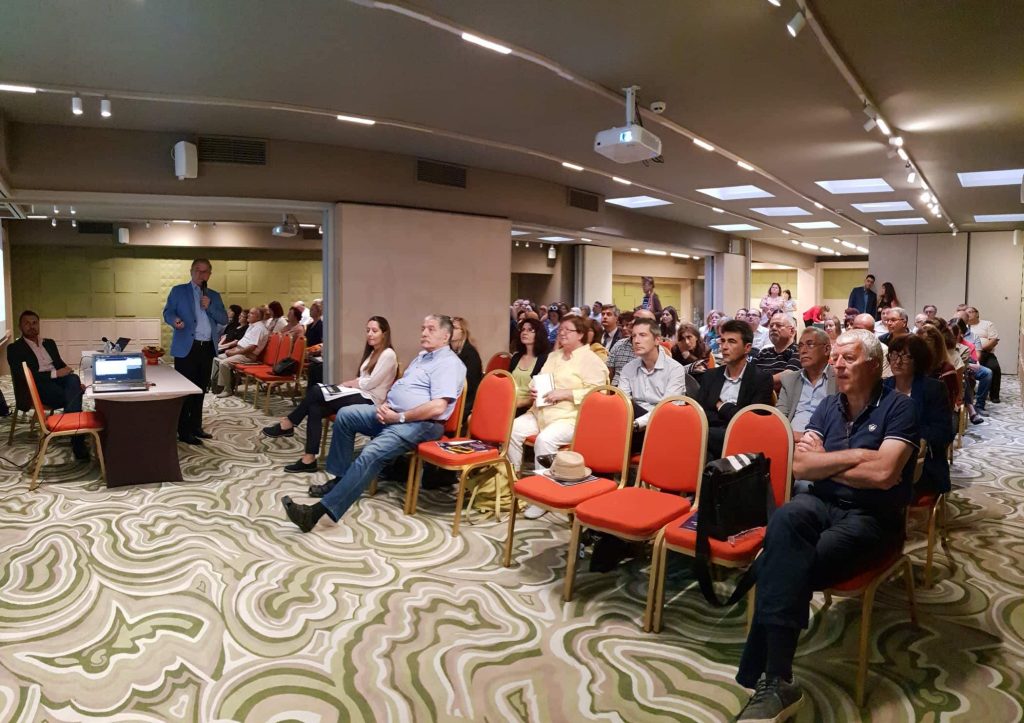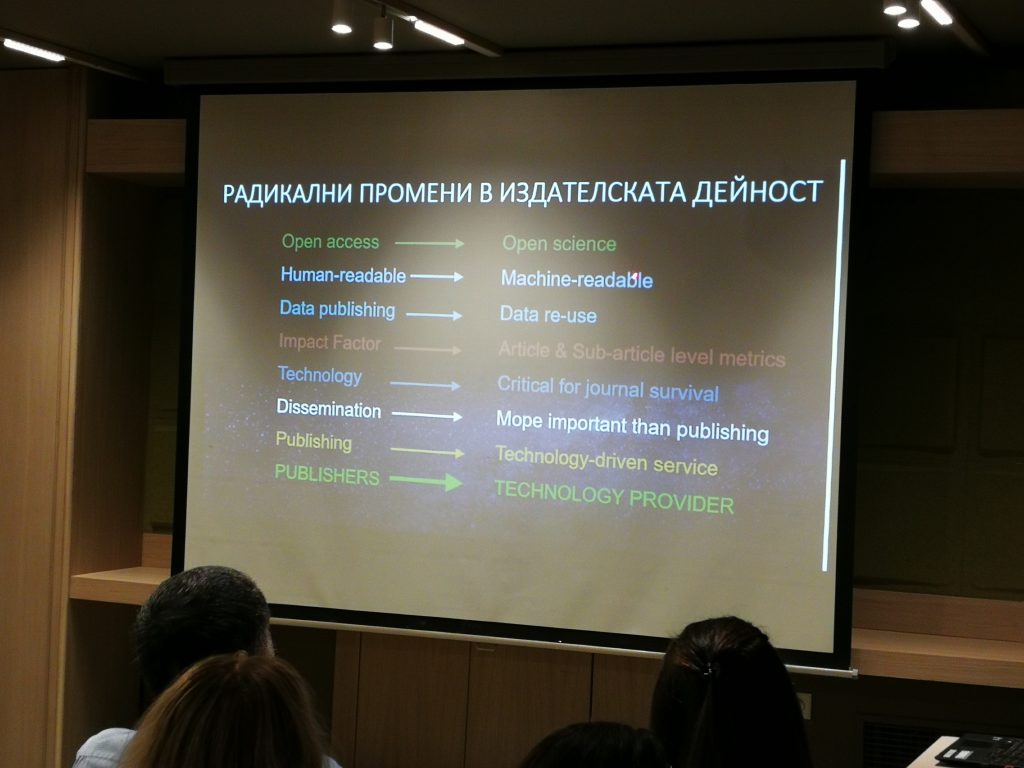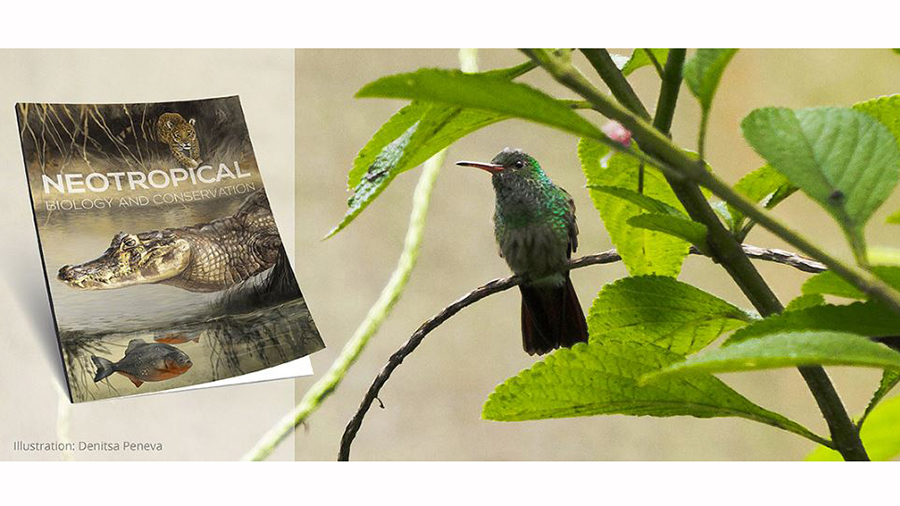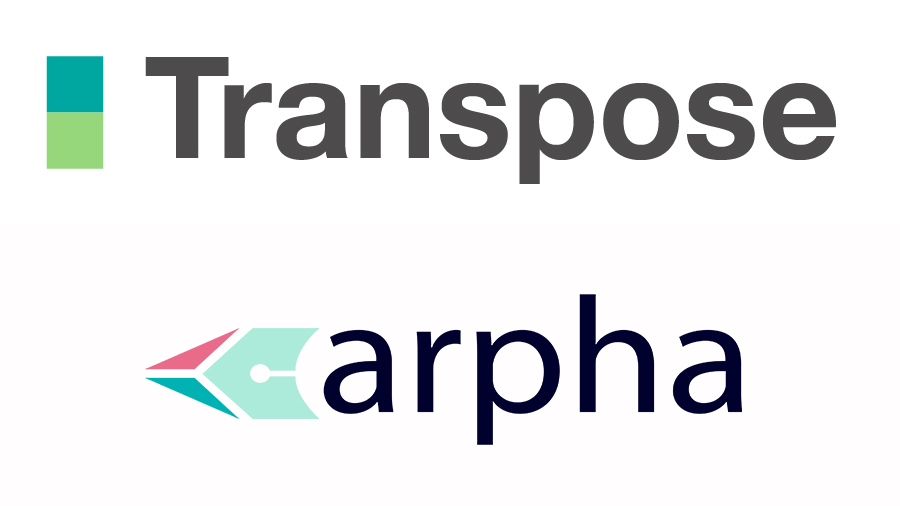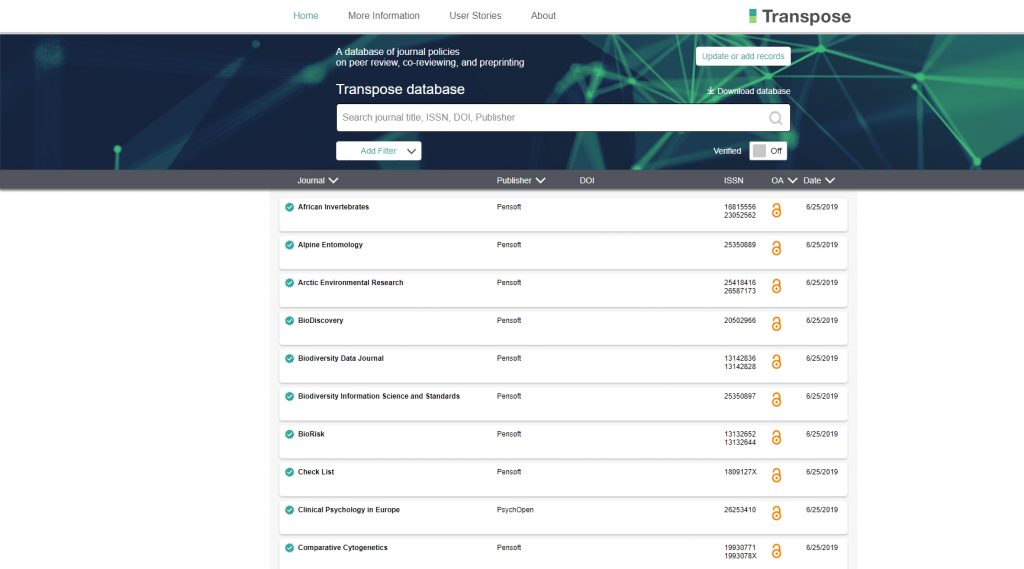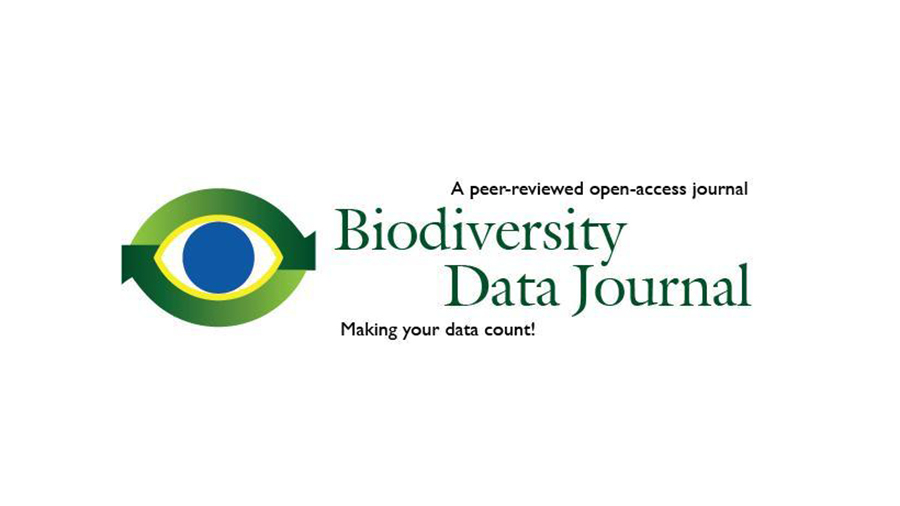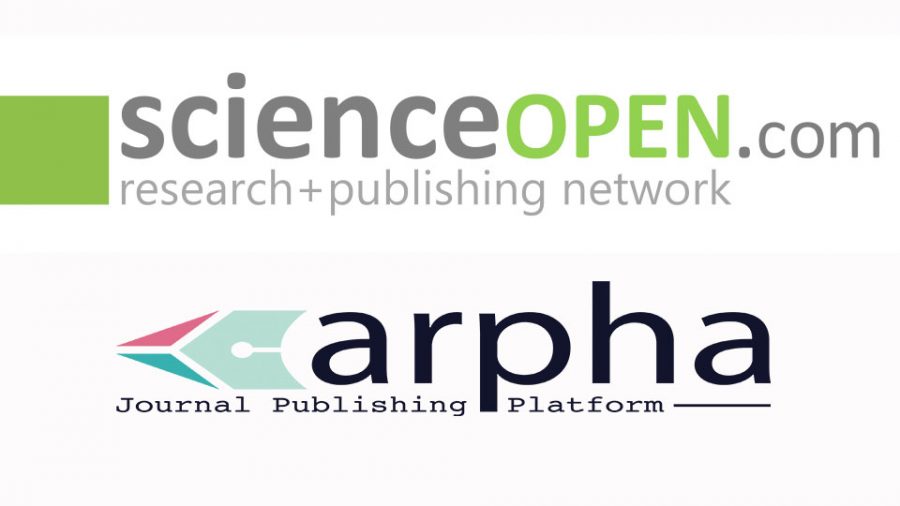Following the recent contract between the State Natural History Collection of Bavaria (Staatliche Naturwissenschaftliche Sammlungen Bayerns or SNSB) and the scholarly publisher and technology provider Pensoft, the scholarly peer-reviewed, open-access journal on paleontology and geobiology Zitteliana will be published on the technologically advanced scholarly publishing platform ARPHA.
Expected later in 2020, Zitteliana will not only benefit from its own sleek-looking and user-friendly website, but will also enjoy a long list of services and high-tech features and human-provided services delivered from ARPHA’s signature fast-track, end-to-end publishing system.
One thing that will greatly appeal to submitting authors, editors and reviewers is that the collaboration-focused ARPHA Platform supports manuscripts all the way from submission, peer review, editing, publication, dissemination and archiving within its online environment. On the other hand, to the benefit of readers, after publication, the articles are made available in PDF, machine-readable JATS XML formats, and semantically enriched HTML, which prompts discoverability, accessibility, citability and reusability. In addition, the journals will use all unique services offered by ARPHA, such as data publishing, linked data tables, semantic markup and enhancements, automated export of sub-article elements and data to aggregators, web-service integrations with more than 40 world-class indexing and archiving databases, sub-article-level usage metrics, and more.
Zitteliana is a scholarly journal covering all fields of paleontology and geobiology by the Bavarian State Collection of Palaeontology and Geology (SNSB): a research institution for natural history in Bavaria, comprising five State Collections. Initially limited to publications studying either the materials deposited in SNSB’s own collections, or topics related to the geology and palaeontology of Bavaria and adjacent regions, these days, Zitteliana welcomes articles in all fields of paleontology and geobiology. Encouraged are submissions on paleobiology, numerical paleontology, paleobiogeography, paleogenomics, palaeooceanography, biosedimentology, multiproxy and sequential stratigraphy, biodiversity research, and actuopaleontology, as well as contributions to the journal’s traditionally well-represented topics, such as paleontological taxonomy, systematics, phylogeny, and regional geology.
“It’s a great delight for Pensoft to be partnering such a prominent natural history institution like the SNSB and publish this particular journal of theirs. With our joint expertise and devotion, I am certain that we will successfully address major needs of the research community: readers, authors and their affiliates alike.”
says Pensoft and ARPHA’s founder and CEO Prof. Lyubomir Penev.
The SNSB is the latest major German research institution to collaborate with Pensoft and choose ARPHA Platform for its journals. Since 2014, the Natural History Museum Berlin has trusted the publisher with its historical titles: Deutsche Entomologische Zeitschrift and Zoosystematics and Evolution. In 2017, Evolutionary Systematics, another prominent journal with a legacy in the field of zoology by the University of Hamburg followed suit. In 2020, we will be also seeing the move of three journals by the Senckenberg Nature Research Society: Arthropod Systematics & Phylogeny, Vertebrate Zoology and Geologica Saxonica.
About SNSB:
The Bavarian Natural History Collections (Staatliche Naturwissenschaftliche Sammlungen Bayerns, SNSB) are a research institution for natural history in Bavaria. They encompass five State Collections (zoology, botany, paleontology and geology, mineralogy, anthropology and paleoanatomy), the Botanical Garden Munich-Nymphenburg and eight museums with public exhibitions in Munich, Bamberg, Bayreuth, Eichstätt and Nördlingen.
Research conducted by over 30 permanent and 30 third-party funded scientists, currently employed at the SNSB, focuses mainly on the past and present bio- and geodiversity and the evolution of animals and plants. To achieve this, the institution keeps large scientific collections (more than 30,000,000 specimens). The collections and museums also play an instrumental role in public and academic education.

